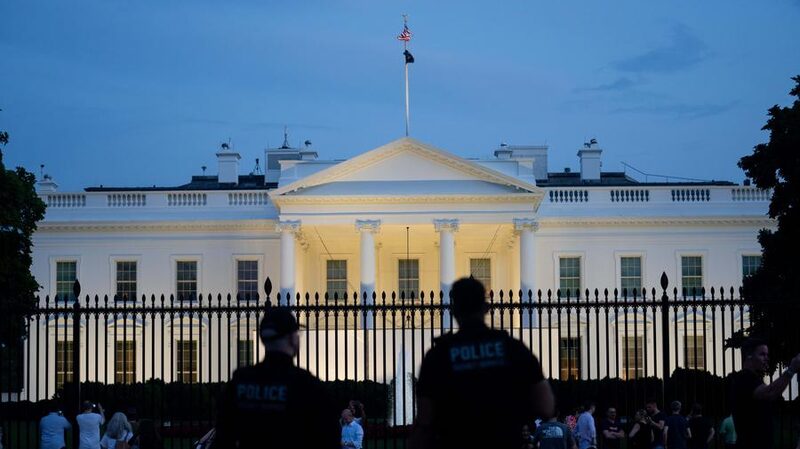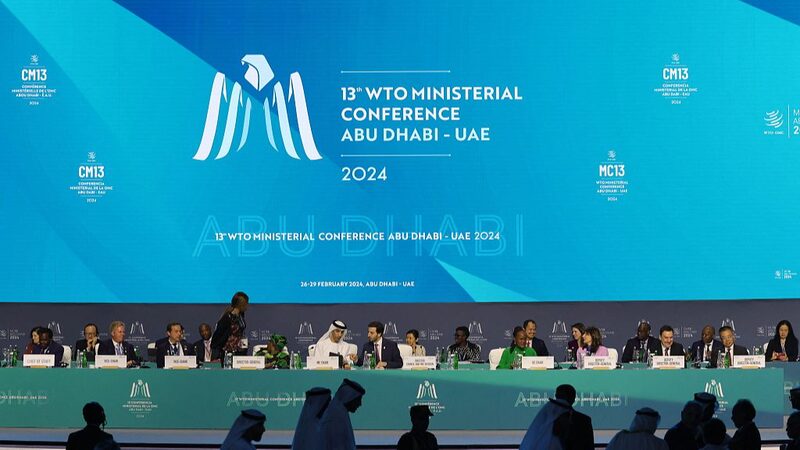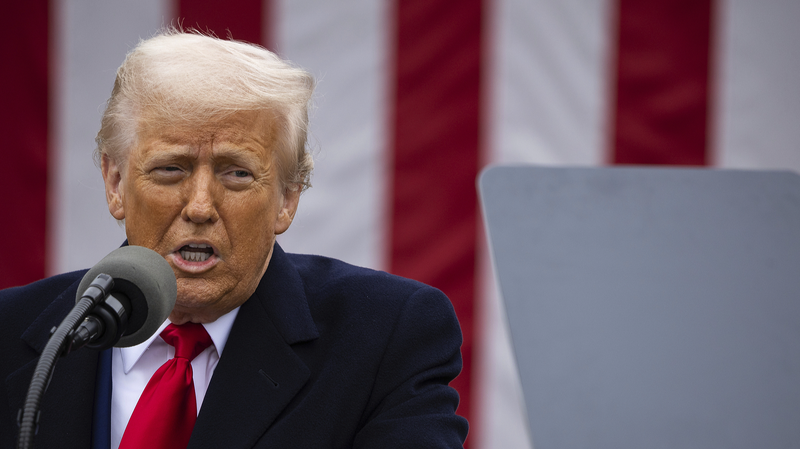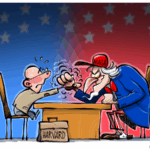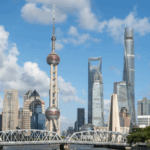Forget what you’ve heard about 'free trade vs. protectionism' – the real drama in today’s economy is geopolitics, argues Harvard economist Dani Rodrik. In a 🔥 hot-take analysis, he says the last 30 years of hyper-globalization weren’t truly 'free trade,' but a system rigged to favor Big Pharma, Wall Street, and multinational corporations. 💸
Rethinking 'Free Trade'
Rodrik compares hyper-globalization to a blockbuster movie franchise that overstayed its welcome 🌐. Trade deals since the 1990s focused less on removing tariffs and more on imposing one-size-fits-all rules about patents, banking, and climate policies – often sidelining workers and the planet. 'It’s like letting Netflix write global copyright laws,' he quips.
The Hidden Costs of Hyper-Globalization
Special courts let corporations sue governments over policies impacting profits 📉, while tighter intellectual property rules created 'monopoly playgrounds' for tech and drug companies. Meanwhile, Rodrik notes, climate action got treated like a post-credits scene 🌧️ – optional and easily skipped.
Rebalancing the Global Playbook
Recent shifts toward national priorities – like green energy investments and supply chain reshoring – aren’t 'protectionism gone wild,' Rodrik insists. They’re course corrections to address inequality, climate risks, and public health 🩺. 'Think of it as a software update for globalization – bug fixes included.'
Young professionals and entrepreneurs, take note: The next chapter of global trade will be less about WTO rulebooks and more about navigating climate partnerships, AI ethics, and regional alliances. 🚀
Reference(s):
The global economy's real enemy is geopolitics, not protectionism
cgtn.com
